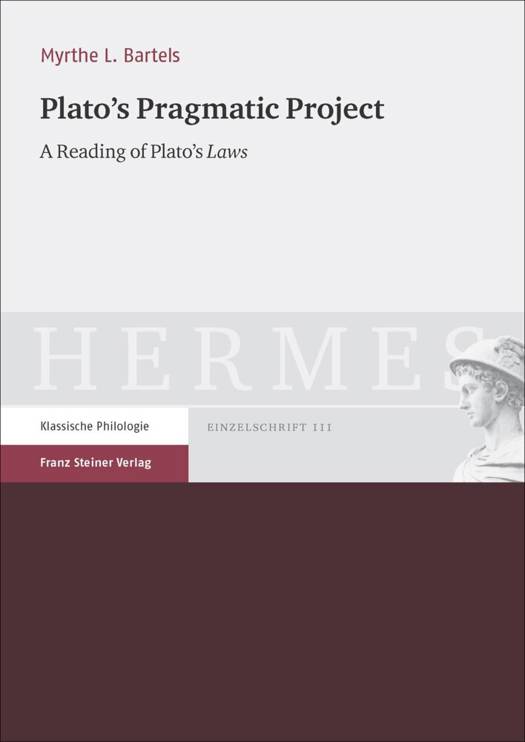
- Afhalen na 1 uur in een winkel met voorraad
- Gratis thuislevering in België vanaf € 30
- Ruim aanbod met 7 miljoen producten
- Afhalen na 1 uur in een winkel met voorraad
- Gratis thuislevering in België vanaf € 30
- Ruim aanbod met 7 miljoen producten
Zoeken
Omschrijving
When we think about Plato's philosophy, his Laws is usually not the first work that comes to mind. Plato's final magnum opus is a perplexing text in many ways, even apart from the fact that its very existence forces us to reflect on the question of how it relates to Plato's other major political work, Republic. The debate about Plato's Laws usually disregards its composition and the way in which the legislation takes shape in the dialogue. This book offers a fresh reading of Plato's Laws that treats its form as an integral part of its philosophy, and asks what the way in which Plato's legislative project is given shape in the text suggests about the status of that project. It argues that the legislative project is strikingly pragmatic for a work of Platonic philosophy and should therefore be understood in its own terms. Rather than laying down a definitive law code for a new colony (Magnesia) that is based on, or at least in some way presupposes, a metaphysical norm, Plato's last work creates its own moral framework, in which lawgiving provides a convenient practical test for a notion of virtue understood as social conditioning.
Specificaties
Betrokkenen
- Auteur(s):
- Uitgeverij:
Inhoud
- Aantal bladzijden:
- 251
- Taal:
- Engels
- Reeks:
- Reeksnummer:
- nr. 111
Eigenschappen
- Productcode (EAN):
- 9783515118002
- Verschijningsdatum:
- 22/09/2017
- Uitvoering:
- Paperback
- Formaat:
- Trade paperback (VS)
- Afmetingen:
- 170 mm x 239 mm
- Gewicht:
- 438 g

Alleen bij Standaard Boekhandel
+ 248 punten op je klantenkaart van Standaard Boekhandel
Beoordelingen
We publiceren alleen reviews die voldoen aan de voorwaarden voor reviews. Bekijk onze voorwaarden voor reviews.








